Description
The Idea of Sorting and Early Math
Children may often gravitate towards sorting activities and will possibly sort according to qualities and attributes they notice visually without ever being taught.
This fundamental pre-math skill can often be disregarded or ignored as a purely play based activity that children instinctively engage with. However, it is an important and essential part of beginning mathematical skills and an important part of every child’s developmental journey.
As teachers and parents, we sometimes overlook the importance of foundational skills in young children. We may usually associate mathematics learning only to numbers and number operations like counting and operations of addition, subtraction, multiplication and division. However, there are many pre-math skills which need to be understood before children can engage with numbers and number operations. These include identifying and describing attributes, matching, sorting, comparing and ordering.
Mathematical learning for young children begins naturally as they engage with the world around them and children have a natural desire to make sense and create order of this world. Children learn best by investigating and manipulating concrete materials, discussing ideas and developing problem solving skills.
Children must be able to classify objects into groups before they can take part in significant number learning. They need to learn how to sort and classify before they are able to move on to activities that involves numbers because they need to know what they are counting before they are able to actually count them. By counting we mean the quantitate understanding of numbers rather that rote counting.
The process of identifying and describing attributes involves being able to see likenesses and differences between objects. Attributes are characteristics, qualities or traits of objects it is what a child can see and describe. Common attributes which children notice are colour, shape, size, how it feels, what it’s used for and type of material. Later mathematical processes, such as matching, comparing and sorting, are dependent upon a child”s confidence with attributes. When children match objects, they choose a similar attribute.
When children sort objects, they separate them according to similarities and differences. When comparing, the children determine if an object has more or less of an attribute. Classifying and sorting activities help children to develop a range of thinking skills and build the foundations for later problem-solving. The visual memory and discernment involved, and the ability to identify patterns, relationships, similarities and differences, assists children in learning about early number representation and problem-solving.
This resource is an introduction to the idea of sorting in the early years.
Skills You Gain From The Idea of Sorting in the Early Years
Skill 1 : sorting and its relationship to algebra
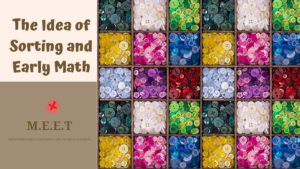

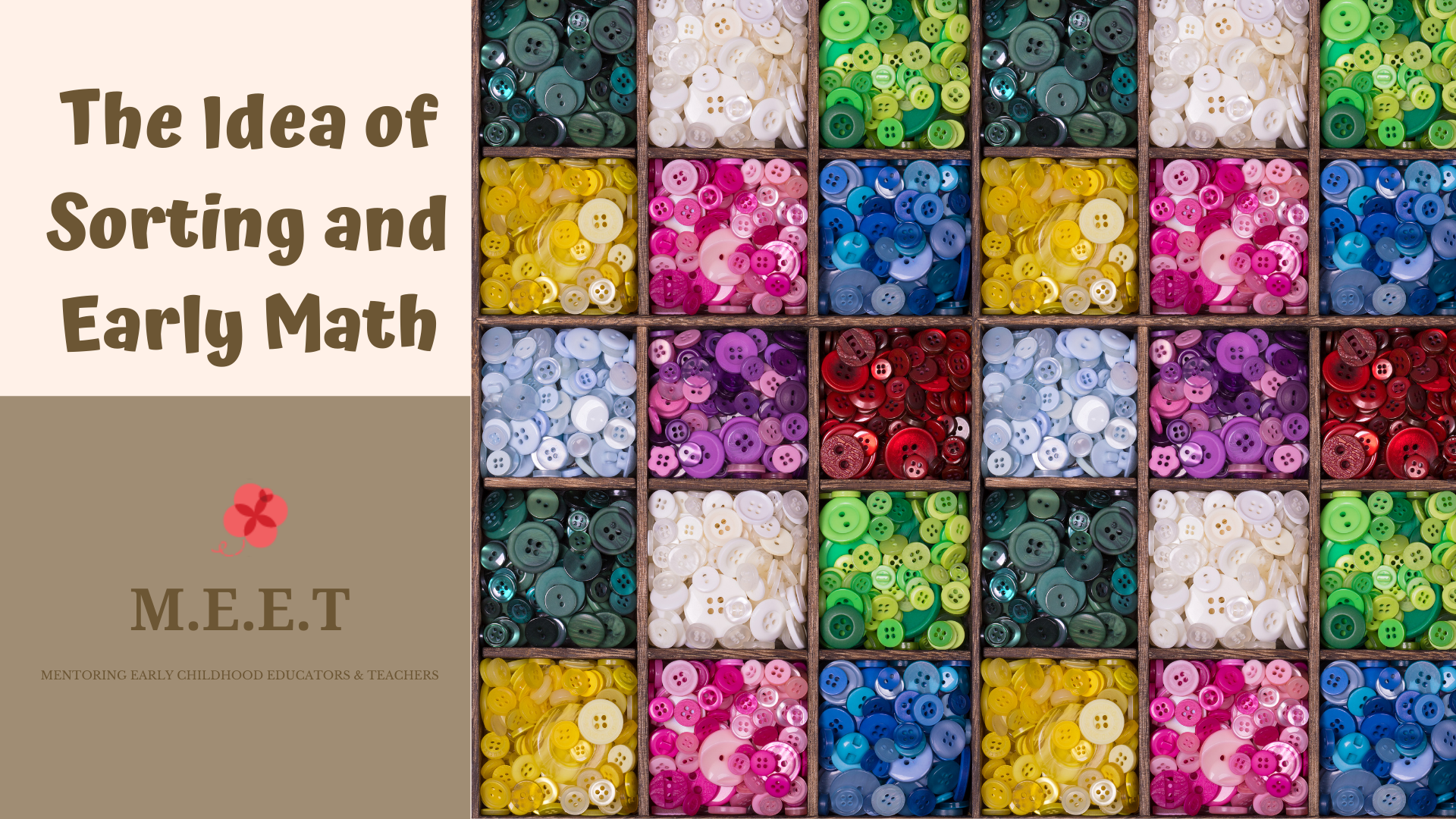
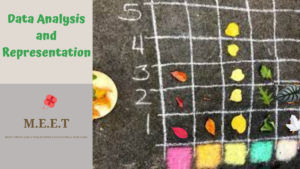

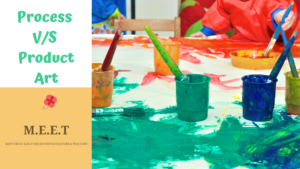
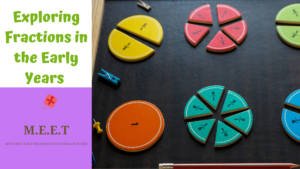
Reviews
There are no reviews yet.